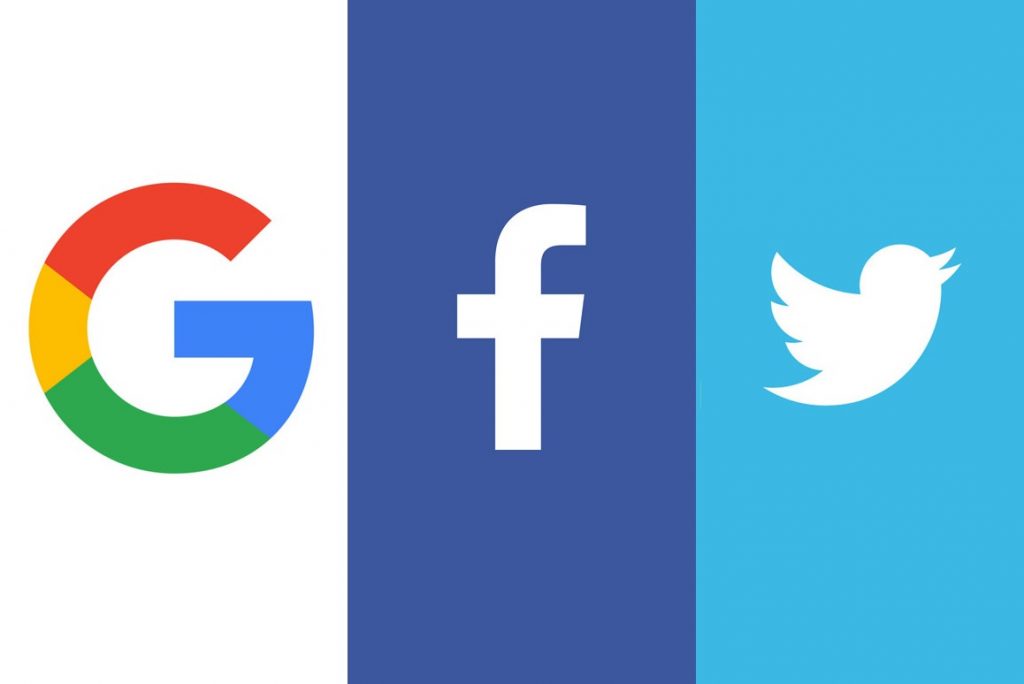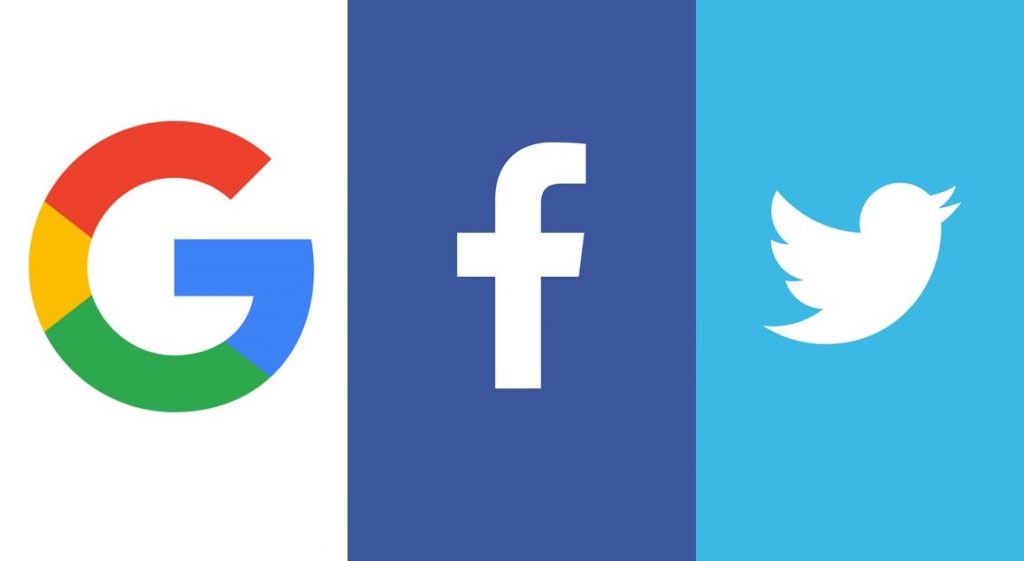The coronavirus pandemic has been a rather unfortunate event that has shaken the world vigorously. However, one of the gravest aftermaths of it has been the large-scale sharing of fake news. Around the world, governments are doing all they can to hold tech giants more accountable for their actions. As a result of combined efforts, tech giants, such as Google, Facebook, and Twitter had agreed to accept a self-regulatory code in a bid to combat fake news two years ago. However, the European Commission has now urged these companies to do more to prevent the spread of disinformation. Here’s a look at what the EU is asking of these companies, and how they have reacted in the past.
Proactive Approach
The COVID-19 situation has made governments more active with regards to stopping the spread of misinformation. As a result, social media is now being asked to take a more proactive approach when it comes to combating fake news. The tech giants mentioned above, along with companies like Mozilla and advertising bodies have been asked to do more. All these companies had signed a more lenient deal in 2018 that aimed to prevent more heavy-handed regulations against hate speech. Later on, TikTok and Microsoft also joined these companies in promising to stop the spread of fake news.
Shortcomings in the Code
However, following an assessment last year, experts concluded that the Code contained several shortcomings. As per a study done by Reuters, the Code allowed for its incomplete and inconsistent application. Furthermore, the report stated that there was a lack of uniform definitions, which allowed for different platforms to interpret the laws differently. Also, there were a lot of gaps in the commitments stated in the Code. The Code also featured limitations that were intrinsic to the very nature of the self-regulatory Code. Vera Jourova, who serves as the Vice President of the European Commission, therefore, called for greater transparency.

Flexibility in the Digital Rule Book
Jourova also stated that the world is now witnessing new threats, making new measures extremely essential. Furthermore, Jourova said that these social media platforms need to be held accountable and that they should become more transparent. They also need to provide better access to their data to make the internet a safer place. As a result, the Commission is working on an Action Plan which will help the E.U. become more resilient towards digital threats. The E.U. Commission will soon propose a Digital Services Act by the end of 2020 to increase the responsibilities and liabilities of such platforms.
Requirement for Better Laws
The new Act aims to bring more rules that will restrict the freedom of platforms, products, and services. As a result, the move has set ablaze a fear within the tech industry as they will now face more heavy-handed opposition from governments. A joint statement regarding the inefficiencies of the older plan and the need for a new one came out on Tuesday. The announcement was made by Vera Jourova, who is the EU Commissioner, Security Chief Julian King, and Mariya Gabriel, who serves as the Digital Commissioner. The statement also noted that the old laws allowed for the large-scale spread of propaganda and disinformation which needs to be stopped. As a result, the EU Commission said that the tech giants need to work together and cooperate with governmental and independent bodies.
Trouble Brewing
In recent years, both Facebook and Twitter, with the former in particular have come under scrutiny in the US and Europe. One of the main talking points in such debates has been the Russian influence on the 2016 American election and the Brexit vote that occurred in the UK. The fears of such an influence led to the EU, asking for a better framework to moderate and regulate the spread of information by such platforms. The EU also stepped in requesting American tech companies to provide monthly reports with data on how they are fighting fake news regarding COVID-19 in June. With the US Presidential Election set to take place next year, the pressure is mounting to build such a framework as soon as possible. The rise in the number of manipulated videos and audios by using Deep-Fake technology has also become a popular talking point. Facebook’s refusal to fact-check posts have also drawn fire from lawmakers in the US, and employees within the company. Hence, it will be interesting to see how the companies handle this new law, and whether it will be successful in changing the way social

Being a cinephile with a love for all things outdoorsy, Athulya never misses a chance to chase inspiring stories or poke fun at things, even when the subject is herself. Currently pursuing a degree in mechanical engineering, she is someone innately interested in technical and scientific research. Music reviews and op-eds define her as they allow her to explore different perspectives. Though sometimes she thinks she makes more sense playing the guitar than she does while writing.
